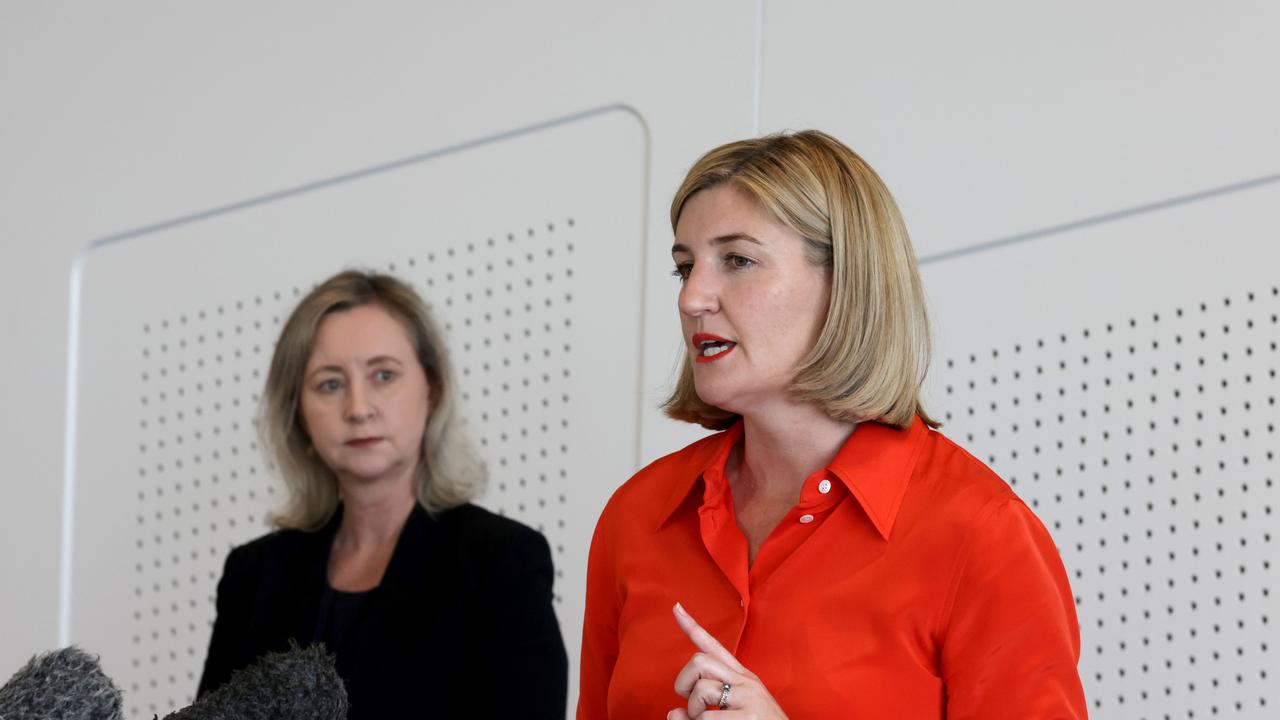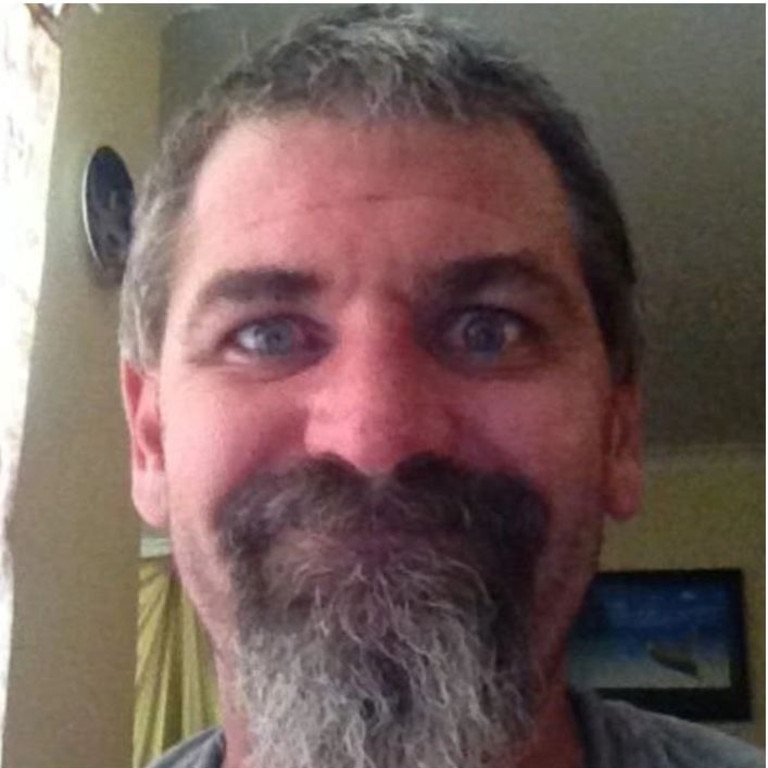Alleged murderer Bailey Douglas Sinclair, 20, released on bail after Qld DNA bungle
A murder-accused released on bail due to DNA testing delays is the first of a tidal wave of criminal cases implicated in the scandal-plagued lab, experts have warned.

The bail release of a man charged with murder due to DNA testing delays is the first of a tidal wave of criminal cases implicated in the scandal-plagued laboratory, a high profile defence lawyer and prominent forensic scientist have warned.
Bailey Douglas Sinclair, 20, of Ningi, is one of several people charged over the alleged murder of Jamie Barlow, 48, on June 20, 2022, at Laidley.
Sinclair reapplied for bail before Brisbane’s Supreme Court on Wednesday after spending approximately 18 months on remand awaiting committal hearing on the murder charge.
His barrister Tracy Thorp told the court on Wednesday that due to Queensland’s three-year backlog around DNA testing, results for evidence in the case had been delayed from September this year to April 2024.

“The committal hearing cannot go ahead before the DNA results … it cannot go to trial before 2025,” Thorp said.
Solicitor Bill Potts said he expected further delays to emerge in the justice system after a second commission of inquiry into the catastrophic failings ordered the retesting of more than 100,000 samples involving 37,000 cases.
But the respected defence lawyer said he was particularly concerned by the erosion of trust in the critical element of justice.
“DNA has always been seen as the gold standard of evidence – juries trust science,” Mr Potts said.
“The scientists are presented as skilful people who are completely independent, who have no axe to grind and are only interested in the truth.
“But because of shoddy work methods, bad science, or cutting of corners, that brings the whole system into disrepute and doubt.”
Prominent forensic scientist Kirsty Wright, whose tireless campaigning prised open both inquiries, expects the delay to be the first of many.
“This hasn’t happened anywhere else in the world before – there’s no precedent for this, there’s no rule book on how to manage this.
“So all of the attention and focus mostly has been on what do we need to do to fix the lab, but it’s a really critical knock on effect to the criminal justice system
“We’re only just now starting to see the ramifications of that and I think that we’re gonna see a lot more of it without any questions whatsoever.”
Sinclair was just 18 when taken into custody and is one of seven people charged over the death of Mr Barlow.
Chief Justice Helen Bowskill agreed that Sinclair could end up spending three years on remand as a young man who had never been in custody before.
“I’m satisfied the lengthy delay as a result of DNA testing is a material change,” Justice Bowskill said.
Queensland’s forensic service was plunged into scandal last year following revelations the lab had dismissed thousands of DNA samples from murder and rape crimes based on an arbitrary threshold for testing.
An inquiry was launched, finding “fundamentally flawed techniques” had been used by the forensic laboratory from 2007 to 2016.
About 37,000 cases involving 103,000 forensic samples have been embroiled in the DNA bungle, with fears it could take up to 12 years for forensic scientists to sift through the pile of evidence.
A second Commission of Inquiry report into the use of an automated DNA extraction system, known as Project 13, was released on Monday.
Health Minister Shannon Fentiman said the court decision to release a man charged with murder on bail due to DNA testing delays across the state was “disappointing”.
But Queensland is doing “everything” it can to deal with a massive backlog of DNA testing after two inquiries into the beleaguered lab and its catastrophic diversions from proper scientific methods.
Ms Fentiman said she understood Sinclair had been released on “very strict bail conditions”.
She said she would ensure Forensic Science Queensland boss Dr Linzi Wilson-Wilde kept in regular detailed contact with the director of public prosecutions to prioritise cases.
“We do have a huge backlog, we all know that,” Ms Fentiman said.
“We’re doing everything we can to get through it. Almost 30 new scientists have started, we’ve now outsourced to Western Australia on top of New Zealand and the United Kingdom and the AFP”.
The Crown prosecutor argued that Sinclair was at risk of reoffending, as the alleged murder was committed while he was on bail for another matter.
The prosecutor also said Sinclair had told an undercover police officer he planned to flee to Melbourne.
Sinclair had previously failed twice to get bail despite offering up a $10,000 surety.
He has been ordered to be released on stringent bail conditions, including a GPS tracking bracelet, nightly curfew, random police inspections, drug testing and a $10,000 surety.
Originally published as Alleged murderer Bailey Douglas Sinclair, 20, released on bail after Qld DNA bungle






